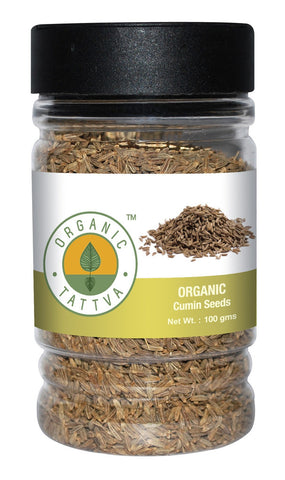 Generally the fruits and vegetables that we consume, some of them have seeds and we consume along with the fruit and vegetable. Tomato, kiwi, cucumber, berries, all have seeds. These seeds are also important for the body and help in proper digestion. Apart from these seeds, there are other edible seeds that However, apart from the seeds that we eat by default, there are certain edible seeds that must be consciously added to the diet. These edible seeds add more than just flavor and texture, although that’s reason enough to eat them. Seeds naturally contain healthy fats and fiber and contribute small amounts of vitamins and minerals, too. It will be interesting to know that often plant seeds contain the same trio of protein, carbohydrate and fat that nourishes the human body, along with fiber and an array of vitamins and minerals, that the fruit or the vegetable contain.
Generally the fruits and vegetables that we consume, some of them have seeds and we consume along with the fruit and vegetable. Tomato, kiwi, cucumber, berries, all have seeds. These seeds are also important for the body and help in proper digestion. Apart from these seeds, there are other edible seeds that However, apart from the seeds that we eat by default, there are certain edible seeds that must be consciously added to the diet. These edible seeds add more than just flavor and texture, although that’s reason enough to eat them. Seeds naturally contain healthy fats and fiber and contribute small amounts of vitamins and minerals, too. It will be interesting to know that often plant seeds contain the same trio of protein, carbohydrate and fat that nourishes the human body, along with fiber and an array of vitamins and minerals, that the fruit or the vegetable contain.
Here, let us look at some of the most beneficial edible seeds and their properties.
-
Sesame seeds: Sesame Seeds that are generally seen sprinkled for decoration on bagels and hamburger buns, are also a good source of the minerals copper and manganese, and they are higher in proteins as well. Sesame seeds are an important sources of Phyto-nutrients such as omega-6 fatty acids, flavonoid phenolic anti-oxidants, vitamins, and dietary fiber with potential anti-cancer as well as health promoting properties.

-
Sunflower seeds: Sunflower Seeds are rich in healthy fats and also contribute zinc, folate and vitamin B6 to your body. Sunflower seeds also contain choline, a nutrient that supports cellular health and nervous system function. Benefit your skin and hair by eating sunflower seeds, a source of copper. Eating an ounce of hulled sunflower seeds provides you with 512 micrograms of copper, more than half of the 900 micrograms you need daily. Your body uses copper to make melanin, a pigment protein that helps give your skin and hair their color. Melanin molecules absorb ultraviolet radiation from the sun, protecting you from tissue damage as a result of sun exposure. Copper also supports your metabolism to help your cells produce energy.

-
Flax seeds: Flax Seeds provide omega-3 fatty acids and fiber. Flax seeds are also the richest source of compounds called lignans, which act as antioxidants in the body. Flax Seed is High in Fiber. This fiber is probably mainly responsible for the cholesterol-lowering effects of flax. Fiber in the diet also helps stabilize blood sugar, and, of course, promotes proper functioning of the intestines.

- Chia seeds: Chia Seeds come from a flowering plant in the mint family. And these little seeds have a unique quality, they are such a rich source of soluble fiber that they can absorb about 10 times their weight in water. If you put chia seeds into any liquid and let it sit for a few minutes, the liquid will thicken up quite a bit. Not only does this improve the texture, it can make the food more filling, too. Chia seeds are great for thickening up shakes, and I like to add the soaked chia seeds to meatballs or use them to thicken up soups. Another trick with chia seeds: stir some into your homemade salad dressing and you can probably reduce the amount of oil you use.
-
Cumin seeds: Cumin Seeds, whose scientific name is Cuminum cyminum, are an excellent source of iron, a mineral that plays many vital roles in the body. Iron is an integral component of haemoglobin, which transports oxygen from the lungs to all body cells, and is also part of key enzyme systems for energy production and metabolism. Additionally, iron is instrumental in keeping your immune system healthy. Iron is particularly important for menstruating women, who lose iron each month during menses. Additionally, growing children and adolescents have increased needs for iron, as do women who are pregnant or lactating.Cumin is an important flavour component in Indian, Middle-Eastern and Mexican cuisine and the seeds provide several minerals, including iron, copper, zinc and phosphorus. Try adding cumin seeds to rice or lentils during cooking to perk up flavour.





